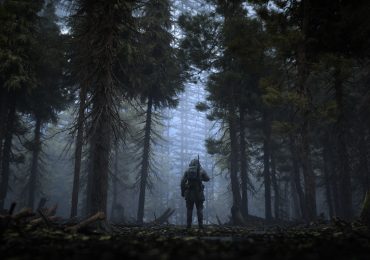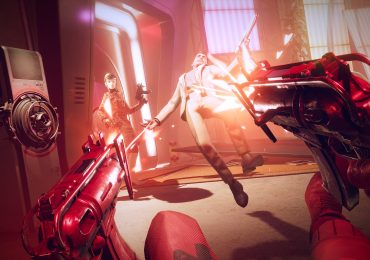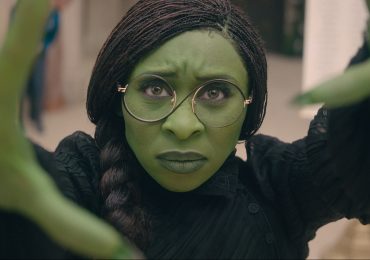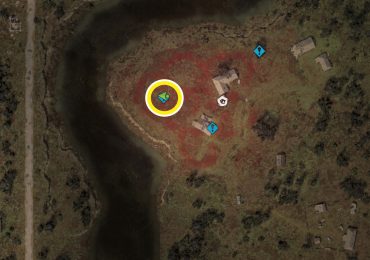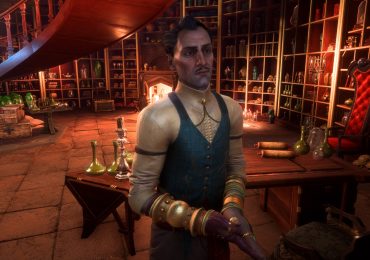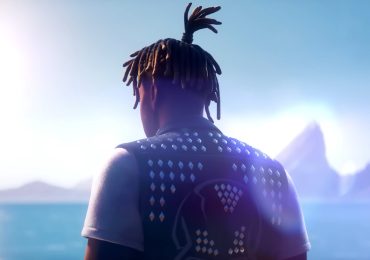Simultaneously a stunt-filled action comedy and a return to big-budget romantic comedies, led by two irrepressibly charming actors (Ryan Gosling and Emily Blunt), this week’s The Fall Guy is the kind of date-movie summer blockbuster that felt a lot more common just a decade or two ago. The movie follows a stunt man (Gosling) who’s coaxed out of retirement to work on the directorial debut of his ex-girlfriend (Blunt), then gets pulled into a conspiracy that threatens to shut the movie down.
A big part of the movie’s success comes from the authenticity of the team behind it, and their passion for the subject matter. Directed by former Brad Pitt stunt double David Leitch, and co-produced by John Wick production company 87North Productions, the movie is an unabashed love letter to the art of stunt work and the difficult, often thankless job stunt performers have in Hollywood — as the movie points out, there is still no Oscar for stunt work. The Fall Guy works the craft of stunts into its narrative, its visual approach (longer takes and bigger falls), and its set-pieces (including a fight that directly involves stunt equipment), all with great effect.
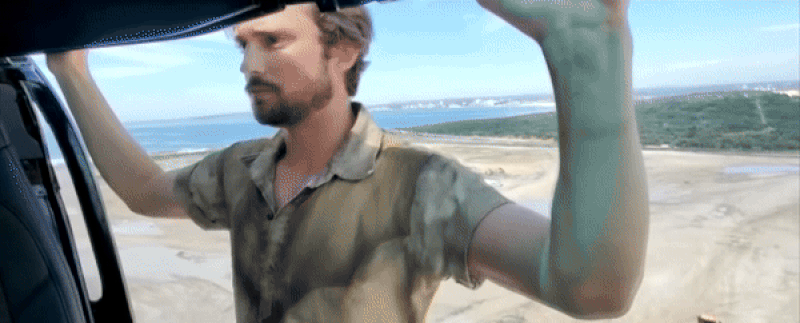
Leitch’s background instilled trust and confidence in the stunt crew, as members of the team shared with Polygon. Having someone in charge who knows the ins and outs of the trade turned The Fall Guy’s production into a unique environment for the stunt team, especially while shooting.
“I’ve never been in a situation where I can go up to the director and ask him for some advice on how to get hit by a car,” says Ben Jenkin, one of two stunt doubles for Ryan Gosling in the movie. “He gave me some good advice. It’s so nice to work with a director who knows action. It’s so seamless, and it’s easy. The direction we get is very specific, but it’s everything that we need to know.”
Often, directors with hands-on action experience will eschew bringing in a second unit director to shoot action sequences, preferring to handle it themselves. But Leitch trusted his old friend Chris O’Hara with his vision of the movie, and gave him responsibility over a second unit. Those responsibilities grew over the course of the project — O’Hara estimated the second unit started out with five to eight days scheduled for their shoot, and eventually wound up shooting for 28 or 29 days. He described the experience of being able to make a movie about stunts with one of the people he came up in the industry with as “pretty magical.”
[embedded content]
“Working with one of your best friends, that’s the way I hope to finish my career,” he says. “He’s been in the trenches of my position, so he understands the things I’m asking. Some directors, you know, they have a vision, This is what I want! I don’t care! But David understands what it takes to do that stuff. He knows what I’m going through on a daily basis.”
The stunt performers feel that too. “He knows what it takes, he’ll give you the time you need, he knows how to capture it,” stunt driver Logan Holladay told Polygon. “There are some times when directors are new to action, they don’t quite understand how to capture it, or what kind of time it needs, or which things hurt or don’t hurt. He gets all that stuff. We’re doing really big, hard stuff, but in a way that’s easy, because we can all kind of think on the same wavelength, get the job done, and do it the right way.”
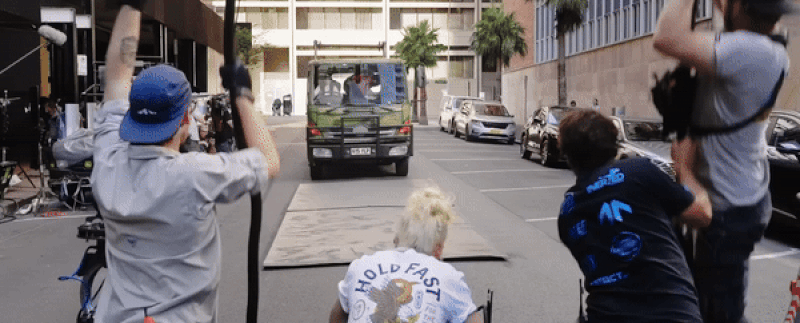
Having a strong second unit and a director willing to trust that team is one thing, but post-production can be another issue entirely. A director or editor with different priorities might be drawn to a take the stunt team is less happy with, or cut up an exciting stunt to the point where the audience can’t easily see the work that went into it. Maybe the lighting wasn’t set up right for the take where the stunt performer nailed it. Maybe something in the background got in the way of the perfect shot. None of these were concerns on The Fall Guy, the stunt crew says, because Leitch made sure of it.
“When you’re doing stunts and you do something for four or five takes, there’s at least one or two in there that you know are the best ones,” Holladay says. “Every time I ever did anything on this movie, and I knew that take was the best take, when I watched the movie, that was the one that was always used. Because Dave knows, he understands. He gets it. And so if there was something else that needed to be tweaked, he would just tweak that and make that work.
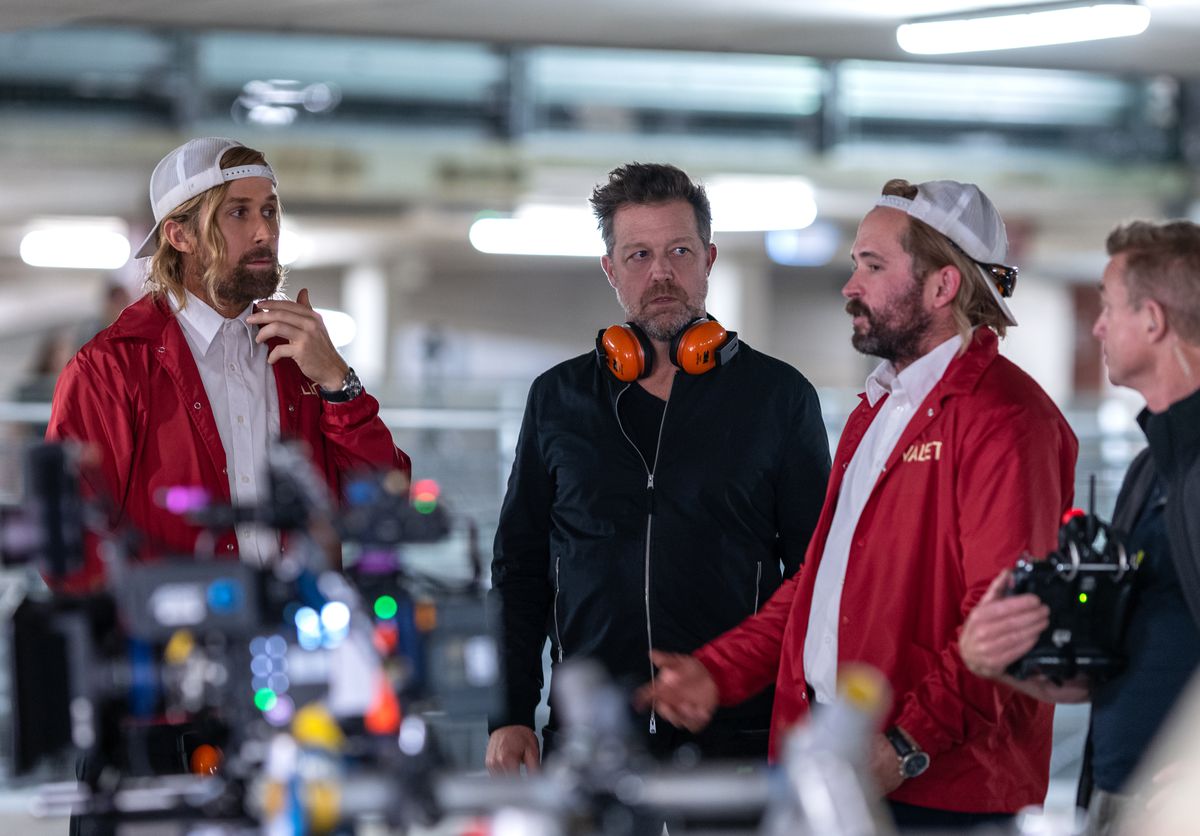
“It usually doesn’t work that way. You’ll get the other one, the one you were hoping they wouldn’t show. And so it made it really fun to watch [the movie], because you knew all your hard work got put in there all the way and was seen.”
The stunt-performer-turned-director pipeline is having a moment, but it isn’t new by any means. While Leitch, Chad Stahelski (John Wick), and J.J. Perry (Day Shift) have all found success pivoting their stunt careers to directing, that road was paved by luminaries like Hal Needham (Smokey and the Bandit) and Jackie Chan. Both Jenkin and O’Hara mentioned Chan’s work as a big influence in their decision to go into stunts, and O’Hara — a former college gymnast — cited Needham’s movies as one of the reasons he saw stunts as a viable path for him after school.
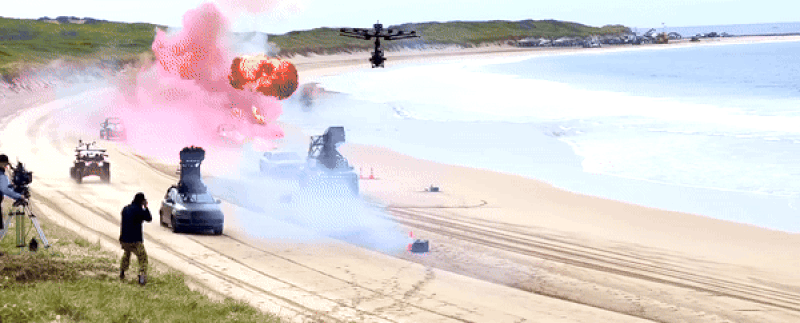
O’Hara says that while stunt work got more attention in Hollywood through Gosling and Pitt’s portrayals of stunt men in Drive and Once Upon a Time in Hollywood, respectively, The Fall Guy is “something special” as a movie devoted to the craft of stunt work. Part of that has come from the way Gosling has supported the team in the media, frequently shouting out members of the stunt crew by name during the Fall Guy press tour. The movie’s media blitz has stressed this element as well, with Holladay’s Guiness World Record-breaking cannon roll effort.
“It is a subject matter that’s close to our hearts,” O’Hara says. “We wanted to do justice to the subject matter, but also want to do justice to the stunt community, and really highlight them and champion them for what we do. There’s nothing that can top this one.”
The Fall Guy is in theaters May 3.

